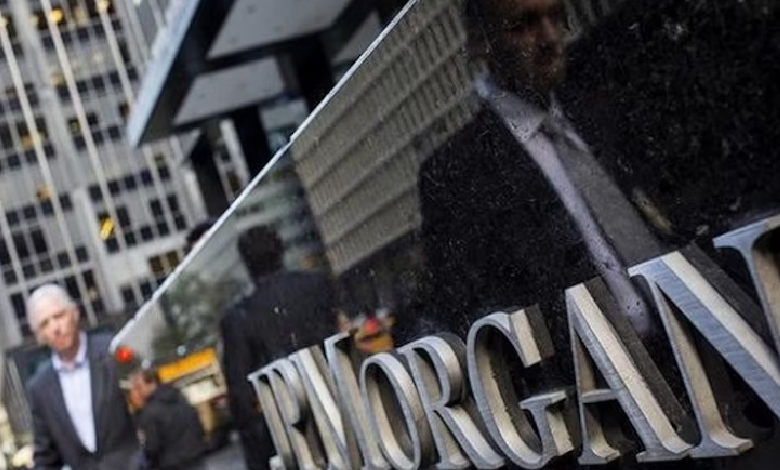JPMorgan Chase, State Street, BlackRock quitting or scaling back ties to influential climate coalition

Three of the largest asset managers globally – JPMorgan Chase, State Street and BlackRock – have decided to distance themselves from a prominent global investment coalition that has been pushing companies to reduce carbon emissions.
The financial industry’s commitment to sustainable investing is being questioned at the moment. JPMorgan Chase and State Street have entirely withdrawn from Climate Action 100+ (CA100+) and BlackRock has shifted its membership to its international arm.
Investors stress commitment to climate cause despite departure
The moves amount to a nearly $14 trillion exit from an organisation representing more than $60 trillion in assets. BlackRock, the biggest asset manager on the planet, has removed $6.6 trillion from the climate coalition’s direct influence in North America.
Last summer, the coalition shifted its focus from pressuring companies to disclose their net-zero progress to getting them to decarbonise. The three firms highlighted concerns about maintaining independence and control over their investment decisions as reasons.
State Street said the recent priorities compromised its “independent approach to proxy voting and portfolio company management,” as per NY Times. BlackRock said those tactics “would raise legal considerations, particularly in the US.” (Hence the transfer to international entity)
But the major investors stress that they are committed to the climate cause. JPMorgan Chase said it had built an in-house sustainable investment team to address green issues, and BlackRock will maintain some ties to the group, the news agency noted.
Political pressure or less focus on ESG issues?
Nonetheless, despite the moves by the three prominent asset managers, the climate coalition continues to expand. More than 700 firms are still onboard, including 60 fresh additions in the recent past. But the departure raises questions about the future direction of such groups.
Some critics argue that JPMorgan Chase, State Street and BlackRock succumbed to political pressure, but others view their decisions as part of a broader trend of companies becoming less vocal about Environmental, Social and Governance (ESG) issues.
Read More: Charles Oppenheimer and Richard Branson sign open letter to stop climate change



